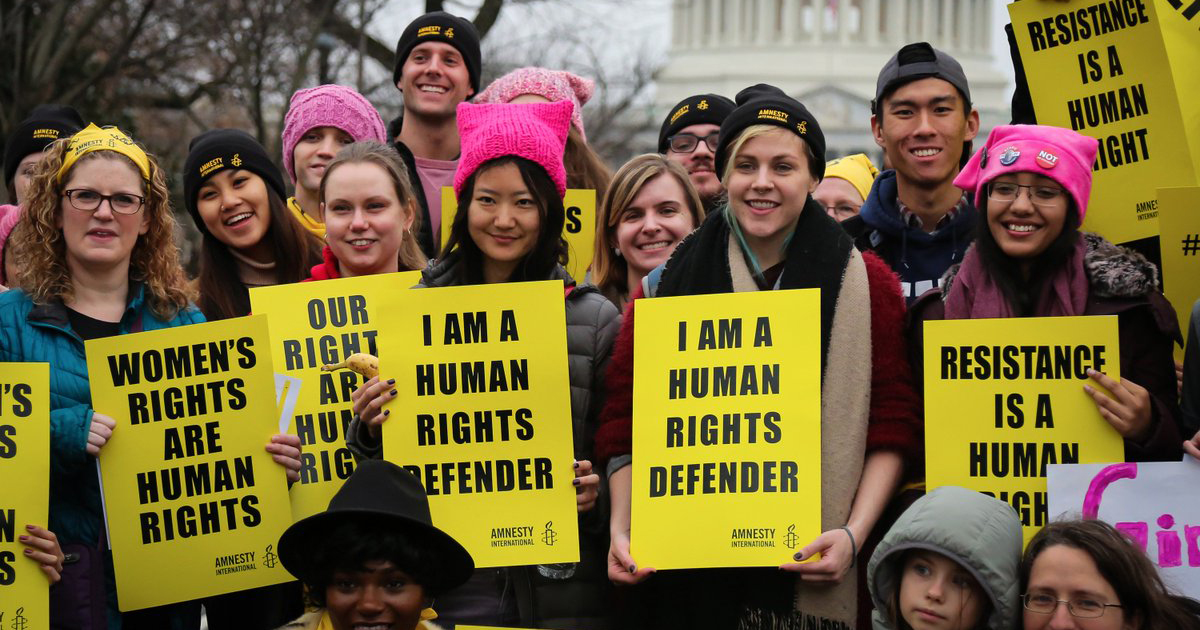Human Lives Human Rights: The Paris Agreement is not ambitious enough to limit global temperature rise to 1.5 degrees Celsius by the end of the century, a new report by UN Climate Change (UNFCCC) warns.
The current combined National Determined Contributions (NDCs)—meaning the countries’ national efforts to tackle emissions and mitigate climate change—are leading our planet to at least 2.5 degrees warming, a level deemed catastrophic by scientists at the Intergovernmental Panel on Climate Change (IPCC).
In 2019, the IPCC indicated that to curb global warming, CO2 emissions needed to be cut by 43 per cent by 2030, compared to 2010 levels, but current climate plans show a 10.6 per cent increase instead.
However, this is an improvement compared to last year’s report, which showed a 13.7 per cent increase by 2030, and a continued raise of emissions after 2030.
Last year, during the UN Climate Change Conference COP26 in Glasgow, Scotland, all countries agreed to revisit and strengthen their climate plans, however, only 24 out of 193 nations submitted updated plans to the UN.
“…It’s disappointing. Government decisions and actions must reflect the level of urgency, the gravity of the threats we are facing, and the shortness of the time we have remaining to avoid the devastating consequences of runaway climate change”, highlighted the UN Climate Change chief.
The good news is that most of the nations who submitted a new plan strengthened their commitments, demonstrating more ambition in addressing climate change, according to the agency, which deemed this fact as a “glimmer of hope”.
62 countries, accounting for 83 per cent of the world’s GDP, 47 per cent of the global population, and around 69 per cent of total energy consumption, have these plans in place.
The UN Climate Change Conference COP27 is expected to take place in Sharm el-Sheikh, Egypt, and Mr. Stiell called on governments to revisit their climate plans and make them stronger to close the gap between where emissions are heading and where science indicates they should be this decade.
“COP27 is the moment where global leaders can regain momentum on climate change, make the necessary pivot from negotiations to implementation and get moving on the massive transformation that must take place throughout all sectors of society to address the climate emergency,” he said.
Stiell urged national governments to show at the conference how they will put the Paris Agreement to work through legislation, policies and programs, as well as how they will cooperate and provide support for implementation.
He also called for nations to make progress in four priority areas: mitigation, adaptation, loss and damage, and finance.
















